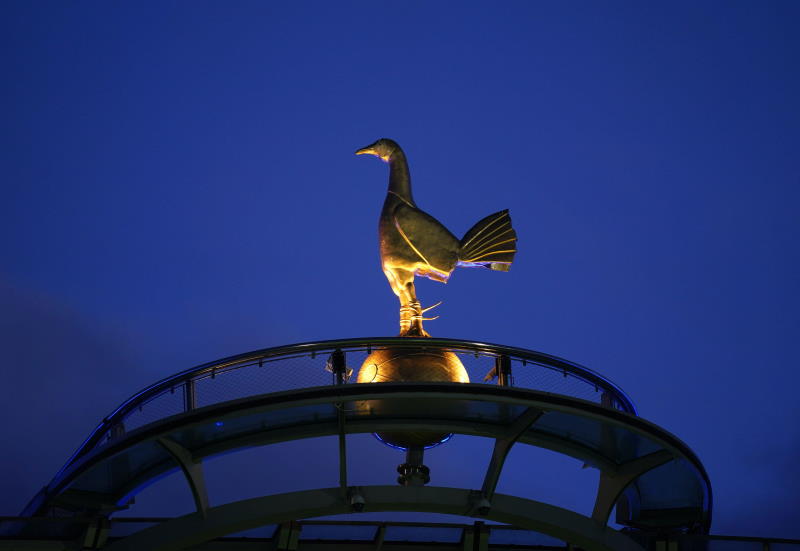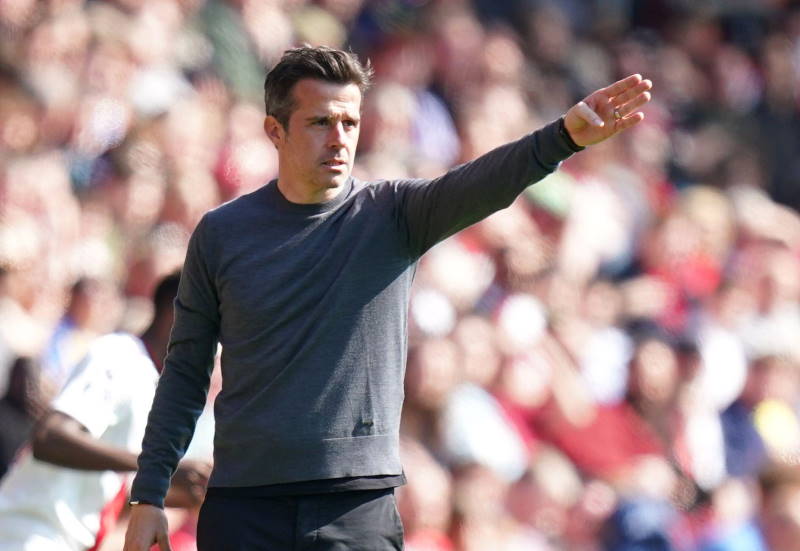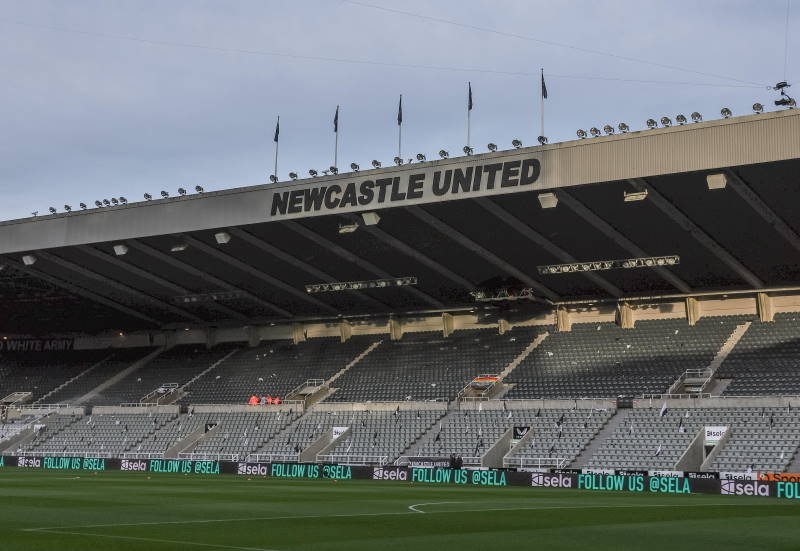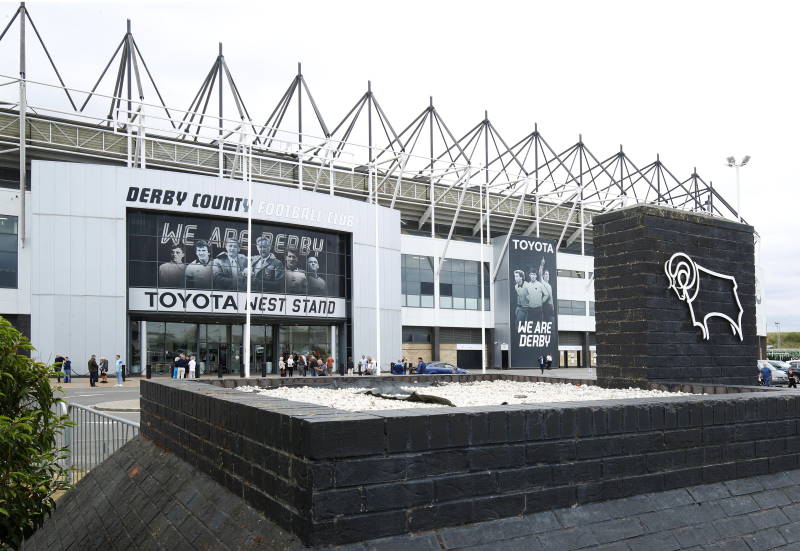
Liam Barnes
If anyone hasn’t seen Peter Morgan’s adaptation of David Peace’s book about Brian Clough’s doomed reign at Leeds United, even if they aren’t a football fan, they should. It is an enjoyable and engrossing film, about the clash of egos at the top of football, about the relationship of Clough and his long-suffering, underrated assistant Peter Taylor, and about the rising and falling of football clubs.
For a football fan, particularly one under 50 and thus not present and sentient in the early 70s, a series of questions are posed by the film: was Brian Clough as great as he (and a lot of other people) say he was? Were Leeds United really that dirty? And how similar is today’s football world to that nearly 40 years ago, years before Zidane’s record transfer, the Bosman rule and the Premiership’s riches?
The portrait of Clough painted by the film is of a loud-mouthed maverick who shoots from the lip and has a pronounced “tongue in gear, brain in neutral” habit. However, he also is a master motivator of men, and deserves huge plaudits for his successful transformation of Derby County from also-rans to ringleaders of English football. It all goes wrong at Leeds, with truculent players such as Billy Bremner and Johnny Giles – former manger Don Revie’s choice to succeed him – not reacting well to Clough’s cocksure dismissal of their success, and after a series of poor performances and a player’s revolt led by skipper Bremner, Clough is shown the door.
The difference between success and failure in the film is Peter Taylor, the dependable assistant who helped Clough to success at Hartlepool United and Derby, before falling out with Clough over the Leeds job, electing to stay at Brighton and nobly honour his word to their chairman, Mike Bamber. Everyone is of course familiar with the postscript to the film, where Clough and Taylor reunite (the end of the film is quite something) and go on to career-defining success with Nottingham Forest.
There was a lot of hype surrounding the film, with Clough’s family worrying that Brian was going to be painted as a dark figure, as in Peace’s book on which it is based, but if anything Clough is treated very sympathetically; his later alcoholism is not mentioned at all, his brown envelope habit is similarly not brought up (unlike Revie’s similar predilection for bribes). Likewise his eventual falling-out with Peter Taylor in the late 80s, again culminating in managerial failure (his Forest side being relegated in 1993), but tragically without a final reconciliation before Taylor’s death in 1994, is only hinted at. Clough’s last acts were marred by bitterness, alcoholism and regret over not reconciling with his professional partner, yet he was still a great manager.
Taylor’s significance is given its dues, and the film, if a touch romantic, captures his charisma, his humour and his wit that comes through in archive footage (expertly used in the film) and interviews of him and his close associates, such as those in the very favourable recent ITV documentary. Clough gets less criticism than one of Jonathan Ross’ chat show guests, and even then he can be quite irritating, yet overall and endearing madness combined genuine genius defines him.
The villains of the piece are most definitely Leeds United, the violent thugs who haughtily ignore and insult their rivals, then stoop even lower when overtaken. Some brutal archive footage, such as the 1974 Charity Shield match against Liverpool – Clough’s first match in charge and where Bremner is sent off for constantly assaulting Kevin Keegan – highlight the justified perception of the likes of Giles, Hunter, Bremner, Hadeley and Clarke as hatchet men. As does the set-piece of the Leeds-Derby match in the 1972/73 season, where the reigning champions Derby, before a crucial European Cup semi-final against Juventus in Turin, are hacked to pieces by the ruthless “Leeds scum”.
A trawl through YouTube brings up several video nasties from Revie’s Leeds, and Revie himself gets a character assassination in the film, portrayed as a smug, self-satisfied, arrogant head of a brutal clan, who then lets down his country and swans off in pursuit of filthy lucre. This image has stuck, even exaggerated as England fans remember their barren years of the 70s, when they did not reach a single World Cup and glowered in envy as Scotland’s side promised much (even if it reverted to type and delivered little for their long-suffering supporters).
To a young fan, it does seem incredibly harsh, even after one watches the Revie-Clough encounter on Yorkshire TV featured in the film, and it is easy to forget that Leeds were also an attractive football-playing side with the ball as well as butchers and brawlers when off the ball. Leeds and Revie are not as cartoonishly evil as the film suggests, but they are still an infamous side full of dirty (if gifted) players, like the Estudiantes side of the 60s or Uruguay’s mid-80s bruisers, and deserve most of what they get (sorry Leeds fans).
Had Lorimer, Bremner and Co. played in today’s Premier League, they would never finish with eleven men still playing at the end of the game. This and the obvious throwback of standing terraces aside, much of the film’s scenarios do not seem too far-fetched in comparison to the modern game. Sam Longson, the penny-pinching, self-promoting Derby chairman played brilliantly by Jim Broadbent, watches the pennies drain away like many a modern chairman, loath to pay over the odds for some footballer, clashing with his egotistical manager, and desperate to see his club succeed. He comes across like a local Roman Abramovich, a wealthy benefactor who likes to be prominent when the good times roll and does not put up with insolence from his subordinates.
There’s no surprise as well when the film informs us that Leeds had spent the last 10 years in the top four, with weary modern fans forgiven if they presume the other three were always the same as well. Certainly what Clough achieved at Derby, in dragging a club from death’s door to footballing immortality, is practically impossible in the current league system, making his achievement, as well as his successive European Cups at Nottingham Forest and even Howard Wilkinson’s resurrection of Leeds in 1991, seem fantastical and unrealistic nowadays. To hear Longson moan about signing a player for £170,000 and paying him £300 a week is also fairly ridiculous to younger fans brought up on pampered millionaire players. Throw in a distinct lack of foreign players and the novelty of Europe in the film and both go to show how much football has changed in a generation.
Much has been said about whether Clough would succeed in the modern game, and if he has an heir in the pugnacious triumphalism of Jose Mourinho. These are moot points over which countless pints can be bought as arguments rage on. What is certain is that he was a remarkable man, with a fascinating career, and the debacle around his move to Leeds is a worthy subject for a movie – Michael Sheen for an Oscar, perhaps?
Damned United Trailer













